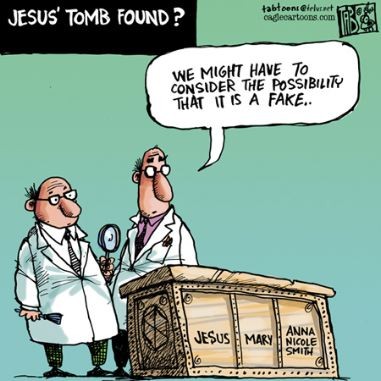Century Marks

Of two minds: Before Suzanne Scanlon began teaching at an English-language college in Turkey, she attended a workshop on cultural differences. When the workshop leader asked them to complete this phrase, “I am . . .” each of the Americans began by saying their name (“I am Suzanne”). The instructor replied that this is “a highly individualistic sense of identity. If you ask our students, they might say I am the son of so-and-so. I am the brother of so-and-so. This is one easy indicator of a very different way of being in the world.” Indeed, Scanlon discovered that students in her classes functioned more like a group. They would systematically share their grades with each other, apparently as a way of establishing a hierarchy. Then, the class would tend to rely on the student with the best grades. Scanlon wants to teach her Turkish students to think for themselves, but she also doesn’t want to promote a form of individualism that is equated with capitalism (American Scholar, Winter).
The beginning of wisdom: Barry Harvey says that we moderns have put more faith in technology than “many a saint does in Christ.” This misplaced trust makes it harder to accept natural tragedies such as earthquakes and tsunamis, since under more normal circumstances we think we have nature under control. The contemporary emphasis on the love of God makes it even more difficult to come to terms with natural disasters. Drawing upon Martin Buber, Harvey says that “true spiritual maturity begins with the fear of God,” which “entails accepting our very existence as gift” and embracing “the concreteness and vulnerability of our own existence.” Such fear of God should not be opposed to love of God, nor should it lead to a fatalistic acceptance of the status quo (Theology Today, January).
Family town: Tom Monaghan, a billionaire who made his money from the Domino’s Pizza chain, hopes to be broke by the time he dies. He might just get his wish. A devout Catholic, Monaghan is developing a new town in Florida called Ave Maria. Anchored by a cathedral and what he hopes will be a world-class Catholic university, the development is costing much more than he imagined. A building boom in China and reconstruction work in the post-Katrina Gulf Coast are driving up the cost of materials, and soliciting donors has proved difficult. Monaghan is also running into criticism for wanting to make this an exclusive Catholic community—one that bans the sale of contraceptives. Monaghan says he wants to make the town “family friendly,” which means he’s not sure about gay couples living there. “If we can’t prevent it, well, we’ll tolerate it,” he said (New Yorker, February 19 & 26).
Legitimate elections: The West wonders whether the Islamic world is ready for democracy, but the real question is whether the West is ready for an Islamic style of democracy. If democracy were to take hold in the Middle East, the Islamists have the numbers on their side. The Hamas movement in Palestine, for example, won in free elections; yet the West is not prepared to legitimize them. Though we may not like groups like Hamas, Ken Silverstein argues, we must be prepared to engage them. “In fact,” he says, “ by scorning politically active Islamic movements and denying their legitimacy, the United States is essentially signaling to the Middle Eastern public that electoral politics are a meaningless dead end—precisely the same message that this public hears from al-Qaeda.” Al-Qaeda has criticized Hamas for playing the “political game,” saying that only armed jihad and not elections will free Palestine (Harper’s Magazine, March).
Bivocational comic: Ray Hanania, a newspaper reporter by day, is a stand-up comedian at night. Of Palestinian origin, he was born an Orthodox Christian and raised a Lutheran; though he has lived all his life in Chicago, his schtick focuses on the Middle East. He recently performed in Israeli clubs where he shared the spotlight with Jewish comedians. “Since September 11 I don’t fly much,” he tells audiences, “but I still go to the airport and hang out there and scare the crap out of people.” He jokes about his Jewish bride: when they got married, a UN peacekeeping force was present to keep the two families separate, yet they couldn’t prevent 38 casualties. Invariably, at least one person will come to Hanania afterward and say, “Wow, you’re so funny, but too bad so many people were injured at your wedding.” He likes to talk about taking his Jewish wife to the “wailing fence”—a dig at Israel, which calls the walls built to restrict the movement of Palestinians “fences” (Chicago Reader, February 23).
Flight-free bishop: For most of the 150 delegates who traveled to Germany for a gathering of church leaders in historic Wittenberg (see "Luther's spiritual heirs face uncertain future"), the trip was a matter of a few hours, thanks to the many low-cost airlines that now ply Europe’s skies. But for Anglican bishop Richard Chartres of London, who has pledged to refrain from air travel for a year as a sign of his commitment to the environment, the journey meant a 1,000-kilometer train ride with changes in Brussels and Berlin. (ENI)




